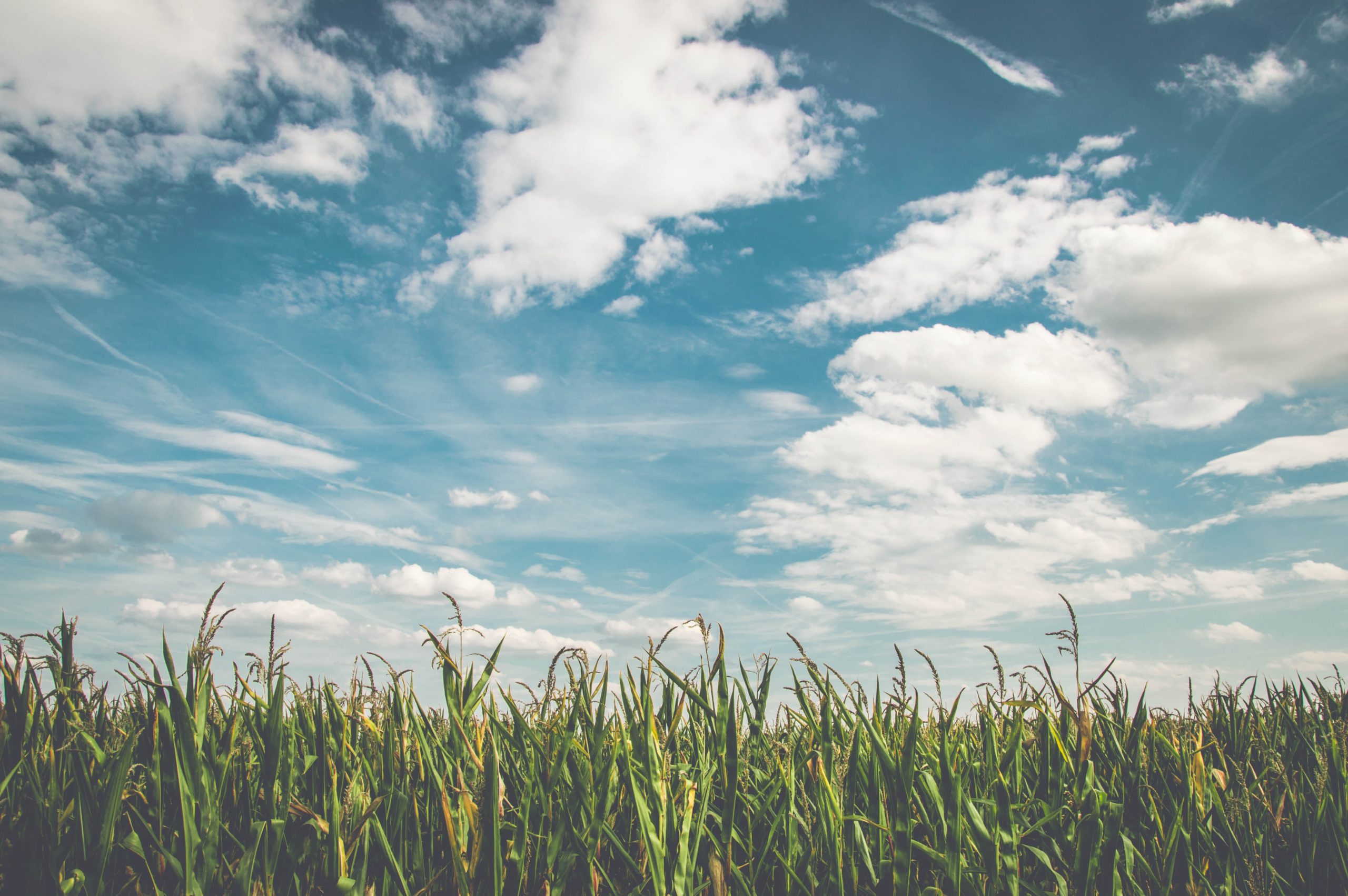Rural tourism emerges as one of the most relevant sectors in the post-pandemic context, driven by consumer preferences for short trips and outdoor activities, according to data from the Ministry of Tourism (MTur). In 2020, this was the segment considered a priority by the World Tourism Organization (WTO). Focusing on this reality, the Universidade Federal Fluminense (UFF), the Ministry of Tourism, and the Ministry of Agriculture, Livestock and Supply (MAPA) are working together in the project “Experiences from Rural Brazil,” which aims to promote and support the strengthening of tourism in rural areas of the country.
According to the rector Antonio Cláudio Lucas da Nóbrega, this is another project that integrates the academic community with the needs of the Brazilian population, that is, UFF applies scientific knowledge for the social and economic development of the country.
The coordinator of “Experiences from Rural Brazil” and professor of the Department of Tourism Osiris Marques explains that the project aims to show how being part of tourist routes can foster family farming. “The idea is to expand and diversify national tourism through the insertion of family farming products and services, in addition to supporting the formatting and positioning of experience tourist routes in rural areas. In this way, the local producer becomes more aware of the importance of tourism for his own business,” he explains.
The project’s focus will be on family farming environments that work in agricultural and livestock production, agro-industry, extractivism, handicrafts, and tourism. Other enterprises may also benefit, as long as they are directly related to the prioritized productive chains.
Osiris Marques
UFF is in charge of diagnosing what the main difficulties of the chosen routes are, training and qualifying the local family farmers that will participate in the project, besides helping them to promote their products and services in the tourism market. “In the team involved there are graduate students, undergraduates, and teachers from the Tourism Department who participate in all stages of the project. Because of the pandemic, most of the activities are taking place online, and this is a challenge for a work of this nature. However, we also see in this scenario a possibility to develop a new diagnostic and training technology,” adds the professor.
Osiris reports that the project is still in the selection phase of eight selected travel routes throughout Brazil, focusing on products associated with tourism, defined by four production chains: cheeses, wines, beers, and Amazon fruits. Each researcher on the team will be responsible for one route. After the selection of the routes, the second phase is the diagnosis and the last one is training.
“To define the chains, the following were taken into consideration: the potential for developing tourism activities related to the productive chains; their territorial distribution, aiming to cover a greater diversity of regions with the project; and the prioritization of sensitive chains, more subject to competition with international products in the domestic market. The project’s focus will be on family farming environments that are active in agricultural and livestock production, agro-industry, extractivism, craftsmanship, and in tourism. Other enterprises can also benefit, as long as they are directly related to the prioritized productive chains,” adds the professor.
The master’s student of the Graduate Program in Tourism, Valério Neto, sees as challenging the task of participating in the elaboration of a sustainable development policy for the tourist phenomenon in Brazil. “The responsibility of composing a project of this size allows us, in the medium and long term, to produce more jobs in the various sectors related to tourism, which consequently impacts the expansion of hiring more professionals to work in the area. Being able to collaborate with the experience I had in the production of an inclusive policy that gives visibility to the most diverse actors involved in the tourism productive chain makes me hopeful since I am a tourist specialist.”
For Osiris, especially in this post-pandemic moment, there is a very strong movement of domestic tourism. More than that, tourists now travel to nearby locations and stay longer in these places. “In this context, rural tourism becomes crucial in the resumption of tourism activity. In addition, the qualification and promotion of family production associated with tourism become a strategy for social inclusion, generation of employment and income, and expansion of the labor market. Our expectation is that the routes participating in the project will be able to provide memorable experiences to visitors, improving the competitiveness of these destinations,” he concludes.




